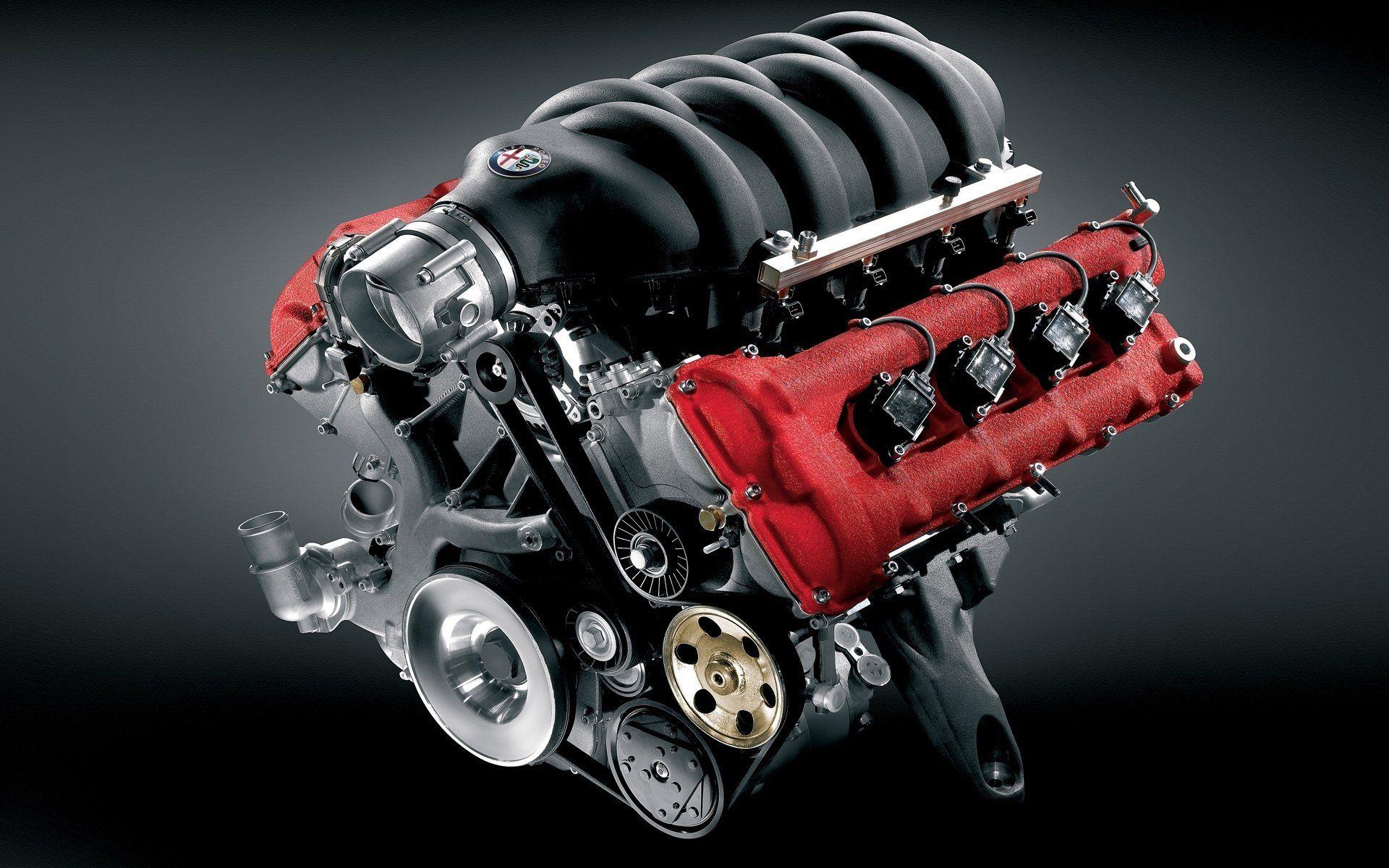```html
Is Your Car Playing Dead? Understanding and Preventing Engine Stalling
That heart-stopping moment when your engine unexpectedly quits can be more than just inconvenient; it can be downright dangerous. Engine stalling is a common automotive problem, but understanding the underlying causes and knowing how to prevent it can save you time, money, and potential roadside headaches. This article will delve into the most frequent culprits behind engine stalling and provide actionable steps you can take to keep your car running smoothly.
Why Understanding Engine Stalling Is Crucial
Engine stalling isn't merely an annoyance. It can happen at the worst possible times: merging onto a busy highway, navigating a sharp turn, or even waiting at a traffic light. This unexpected loss of power can compromise your ability to steer and brake effectively, increasing the risk of an accident. Furthermore, repeated stalling can indicate a more serious underlying mechanical issue that needs immediate attention.
Beyond safety concerns, frequent stalling can lead to costly repairs. Ignoring the problem often results in further damage to your vehicle's components. Addressing the root cause early can prevent a small issue from escalating into a major engine overhaul.
Common Reasons for Engine Stalling: A Detailed Look
Several factors can contribute to engine stalling. Here's a breakdown of the most common culprits:
- Fuel System Problems: This includes issues like a clogged fuel filter, a weak fuel pump, or malfunctioning fuel injectors. Insufficient fuel delivery starves the engine, causing it to stall.
- Ignition System Issues: Faulty spark plugs, a damaged ignition coil, or a failing distributor can disrupt the spark needed to ignite the fuel-air mixture.
- Vacuum Leaks: Cracks or loose hoses in the vacuum system can introduce unmetered air into the engine, disrupting the air-fuel ratio and leading to stalling.
- Idle Air Control (IAC) Valve Malfunction: The IAC valve regulates the engine's idle speed. A malfunctioning IAC valve can cause the engine to stall, particularly at low speeds or when idling.
- Dirty or Faulty Mass Airflow (MAF) Sensor: The MAF sensor measures the amount of air entering the engine. A dirty or faulty sensor can provide inaccurate readings, leading to incorrect fuel delivery and stalling.
- Problems with the Emission Control System: Components like the EGR valve or the oxygen sensors can malfunction, disrupting the engine's combustion process.
- Torque Converter Issues (Automatic Transmissions): A failing torque converter can prevent the engine from disengaging properly when stopped, leading to stalling.
- Faulty Sensors: Various sensors, such as the crankshaft position sensor or the camshaft position sensor, provide critical information to the engine control unit (ECU). When they fail the engine may stall.
Preventing Engine Stalling: Proactive Maintenance Tips
While engine stalling can be frustrating, many preventative measures can significantly reduce the risk of it happening. Here are some key steps:
- Regular Maintenance: Adhere to your vehicle's recommended maintenance schedule, including oil changes, filter replacements (fuel and air), and spark plug replacements.
- Fuel System Cleaning: Use a fuel system cleaner periodically to help remove deposits and keep the fuel injectors clean.
- Inspect Vacuum Hoses: Regularly check vacuum hoses for cracks or leaks and replace them as needed.
- Clean the MAF Sensor: Use a dedicated MAF sensor cleaner to clean the sensor element periodically.
- Pay Attention to Warning Signs: Be alert to any unusual engine behavior, such as rough idling, hesitation, or a loss of power. Address these issues promptly.
- Use Quality Fuel: Opt for high-quality fuel from reputable gas stations.
- Keep Battery Terminals Clean: Corroded battery terminals can affect electrical performance and cause stalling.
When to Seek Professional Help for Engine Stalling
While some causes of engine stalling can be addressed with simple DIY solutions, others require professional expertise. If you experience any of the following, it's best to consult a qualified mechanic:
- Persistent Stalling: If the engine stalls frequently, even after attempting basic troubleshooting.
- Difficulty Starting: If the engine is hard to start after stalling.
- Unusual Noises: If you hear any unusual noises from the engine.
- Check Engine Light: If the check engine light is illuminated.
Understanding the Role of the Check Engine Light
The check engine light is a crucial indicator of potential problems. A mechanic can use a diagnostic scanner to retrieve the error codes stored in the ECU, providing valuable information about the cause of the stalling.
Frequently Asked Questions About Engine Stalling
What does it mean when my car stalls at a stop light?
Stalling at a stop light often indicates a problem with the idle air control (IAC) valve, a vacuum leak, or a fuel delivery issue. These problems prevent the engine from maintaining a stable idle speed when the car is stopped.
Can a bad battery cause my car to stall?
While a dead battery will prevent your car from starting, a weak or failing battery can sometimes contribute to stalling, especially if the charging system is also compromised. Low voltage can disrupt the operation of critical engine sensors and components.
How much does it cost to fix an engine stall?
The cost to fix engine stalling can vary widely depending on the underlying cause. Simple fixes, such as replacing a vacuum hose or cleaning the MAF sensor, may cost under $100. More complex repairs, like replacing a fuel pump or a faulty sensor, can range from $300 to $1000 or more.
Take Control of Your Engine's Health
Engine stalling can be a frustrating and potentially dangerous problem, but understanding the common causes and implementing preventative measures can significantly reduce the risk. By staying proactive with maintenance and paying attention to warning signs, you can keep your car running smoothly and avoid unexpected breakdowns. Don't wait until your engine quits on you – take action today! Schedule a check-up with your trusted mechanic to ensure your car is in optimal condition and experience worry-free driving.
```
